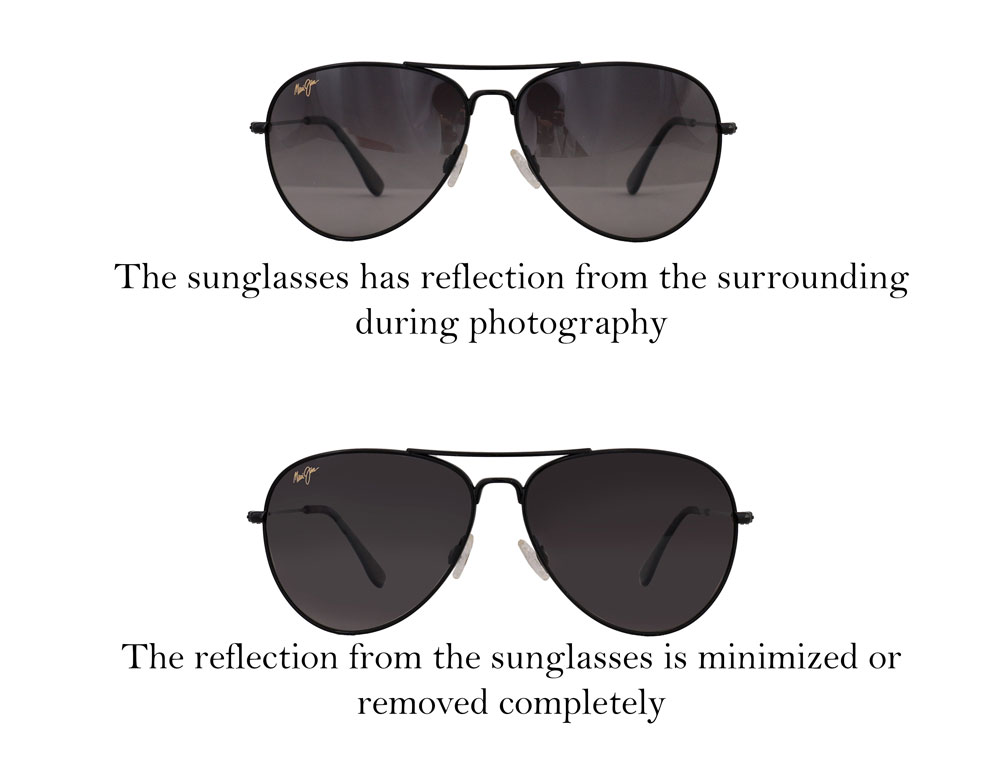

She loved it but was pretty disappointed she wouldn’t be able to use it for her selfies because of the pesky reflections in her glasses.Ī simple solution of course is to quit wearing glasses when you take your photos. Every nod, every responsive gesture, serves to remind the person speaking that they exist for other people, that they remain a vital presence in the world that all of us-still, together-inhabit.One day a friend of mine proudly posted her new ring light she purchased for all things social media. The great thing about Zoom is that the mirror is two-sided. It might prompt you to remember that others on the call are similarly experiencing a tenuous sense of identity, that the standard technical queries that accompany each logon (Can you see me? Can you hear me?) might express a deeper longing. But the impulse could serve as a reminder of the collective need for mutual recognition-a need likely felt by all the other faces tiled alongside yours in the gallery. I’m not saying, exactly, that you should spend even more time staring at yourself on calls. This is why, in cases of extreme isolation, people often lose the ability to determine what is real and what is imagined and can no longer identify a clear line between the self and external objects. Seeing oneself mirrored back by others is bound up in complex ways with the ability to feel empathy and with the construction of consensus reality-the shared belief that there exist objective truths outside the solipsism of our individual minds. Far from being an exercise in vanity, the sustenance of this identity, I’d argue, is crucial. You are trying to retain an identity that has been gradually eroded throughout the recent disruptions to public life. Subscribe to WIRED and stay smart with more of your favorite Ideas writers.Īll of which is to say, your obsession with your image likely stems from an impulse that is entirely natural and, at root, pro-social.

Although you weren’t forced to literally watch yourself interact with others, you were seeing yourself mirrored back through these intersubjective moments, all of which served, in a very real sense, as proof that you still existed-not merely as an ambient consciousness but as a real, embodied presence in the world.

One aspect of your former life you probably took for granted were the thousands of gestures and reactions, most of them small and registered unconsciously, that contributed to your sense of a solid, continuous self: the curt thank-you from a person squeezing past you on the subway, the brief eye contact from a coworker passing your desk, the laughter in response to a joke you made at a party. The self is a fragile illusion that needs constant reinforcing, and this reinforcement happens most often through the gaze of other people, a process known in sociology as the “looking-glass self.” We form our identities in large part by imagining how we appear to others and speculating about their judgments of us. The ability to pass the mirror test-the moment when infants stop seeing themselves as fragmented collections of body parts and recognize their image, whole, in the mirror-is a crucial rite of passage, marking the child’s entrance into the social realm.

Without getting too bogged down in theory and unnecessary references to Lacan, I’ll briefly mention that mirrors have a social function, in that they reveal the self as an other, serving as a portal to the third-person point of view. This desire-to see oneself as others do-is not in any way self-indulgent, but is crucial to forming and sustaining a viable sense of identity. Perhaps the more relevant question is not what the platform is doing to your self-image but, rather, what has already happened to it such that you-like so many others-are unable to stop staring at your pixelated reflection. People who would never dream of looking at a photo of themselves for more than a few seconds nevertheless report, like you, an inability to look away from their own face floating on the screen during virtual classes or PTA meetings, a preoccupation so intense that vanity remains, for me at least, an unconvincing explanation. (Fear of narcissism, at least in the clinical sense, is self-disqualifying: Only those who don’t fit the definition worry that they do.) It’s not as though you’re alone in this fixation, in any event. Your larger query-about the possible side effects of staring at yourself all day-is more complex and extends beyond the question of whether you’re a narcissist, which I will venture is unlikely. Spiritual Troubleshooting for the Digital Ageįor philosophical guidance on encounters with technology, open a support ticket via email or register and post a comment below.


 0 kommentar(er)
0 kommentar(er)
